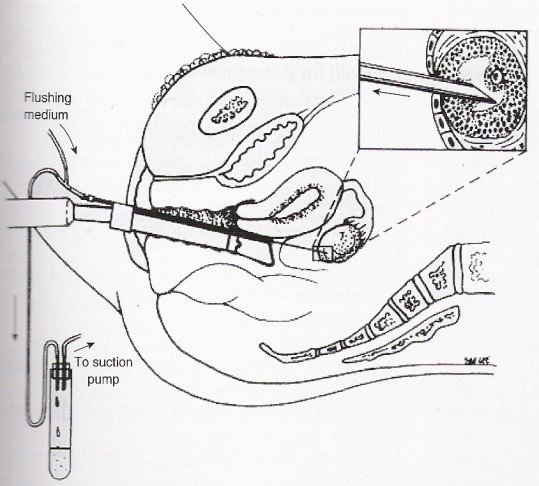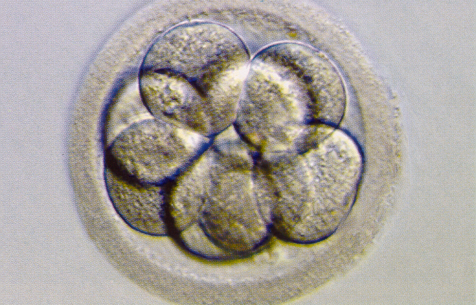In vitro fertilization (IVF)
Specialist:
Chen-Yu Huang
Her Ji Horng
Feature Summary
Infertility issues for which IVF may be necessary include:
- Female factor: advanced age, fallopian tube blockage, ovulation disorder, endometriosis, uterine fibroids
- Male factor: oligoasthenoteratozoospermia (OAT), azoospermia
- Unexplained infertility
- Genetic disorders: it would be indicated for preimplantation genetic diagnosis
Overview
Infertility is the failure to conceive after 1 year of regular unprotected intercourse. About 40% of cases, infertility can be traced to the woman. About a third, it is because of the man. The rest could be related to both partners’ problems and sometimes no cause can be found. There are specific treatments like fertility drugs, assisted reproductive technology, and surgeries for the couple to achieve pregnancy.
Features
In vitro fertilization (IVF) is a treatment for infertile couples. During IVF, a good number of mature eggs are wanted to maximize success rates. Mature eggs are retrieved from the wife’s ovaries and fertilized by husband’s sperm in a lab. The fertilized eggs (embryos) could be transferred into uterus either within the fresh cycle or be cryopreserved and then transferred in subsequent frozen-thawed cycles.
Procedure
One cycle of IVF takes about four weeks. It involves:
- Ovarian stimulation: there are fertility drugs (injectable FSH product is commonly used) to stimulate multiple follicular developments.
- Egg retrieval: when the follicles are mature (determined by ultrasound measurements of follicle size and serum hormone measurements), transvaginal follicle aspiration is done to take the eggs out.
- Fertilizing the eggs in the laboratory could be done through conventional IVF or ICSI (intra-cytoplasmic sperm injection). ICSI means that the embryologist selects a single sperm to be injected directly into an egg instead of fertilization in a dish where many sperm are placed near an egg.
- Embryo transfer to the uterus. Supplement of progesterone is prescribed for the embryo transfer, and a pregnancy test is done approximately two weeks after the embryo transfer.
Notification
The process of an in vitro fertilization (IVF) cycle carries risks, including:
- Ovarian hyperstimulation syndrome: signs and symptoms typically include abdominal pain, bloating, nausea, and vomiting. Rarely it is possible to develop a more-severe form of ovarian hyperstimulation syndrome that can cause rapid ascites accumulation and shortness of breath.
- Complications from the egg-retrieval procedure: bleeding, infection or damage to the bowel, bladder, or a blood vessel
- Ectopic pregnancy
- Multiple births
- Premature delivery and low birth weight

Transvaginal ultrasound-guided oocyte retrieval

Day 3 embryo

Day 5 blastocyst
Estimated Cost
For estimated medical costs, please contact International Medical Services Center.

